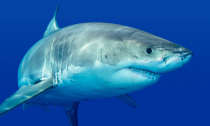
Originally published on February 2,2023, this article has been updated on June 4, 2024 to reflect the latest research and statistics.
The International Shark Attack File (ISAF) from the Florida Museum of Natural History looked into 120 reported shark-human interactions across the globe in 2023. Among them, there were 69 unprovoked shark attacks, exceeding the five-year average of 63 attacks per year. However, experts stress that this doesn’t necessarily mean shark attacks are on the rise.
Many people have a firm view on sharks; however, the following shark attack numbers will highlight the truth behind these majestic creatures.
Sharks are intensely beautiful creatures...
Read More

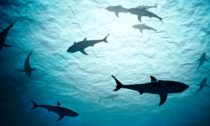

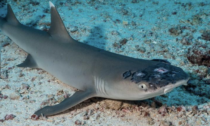
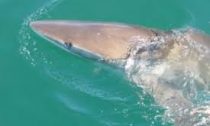
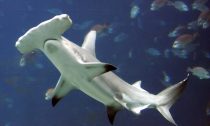
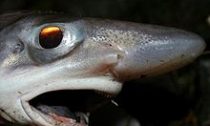

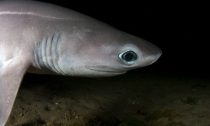
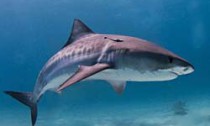


Social Profiles